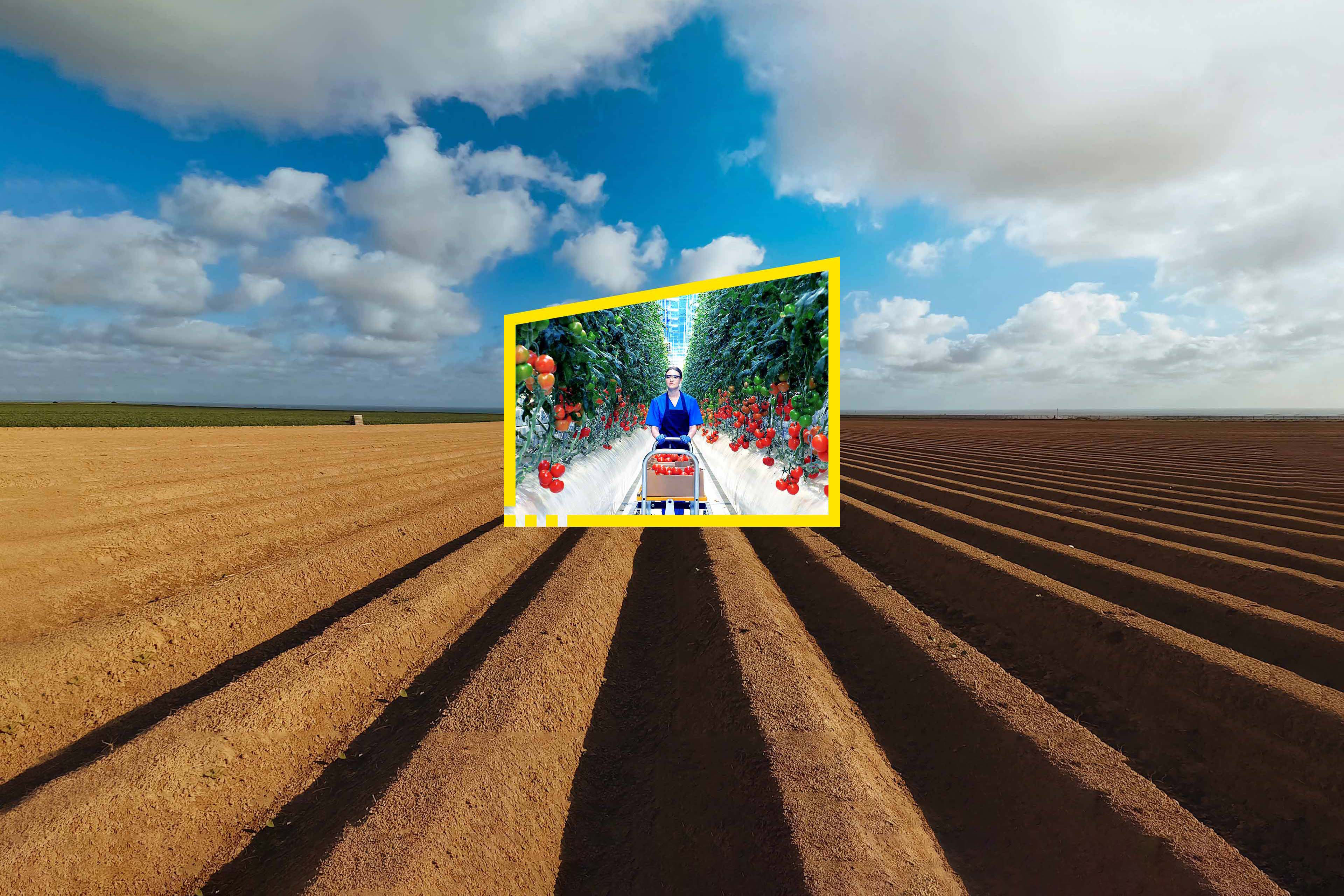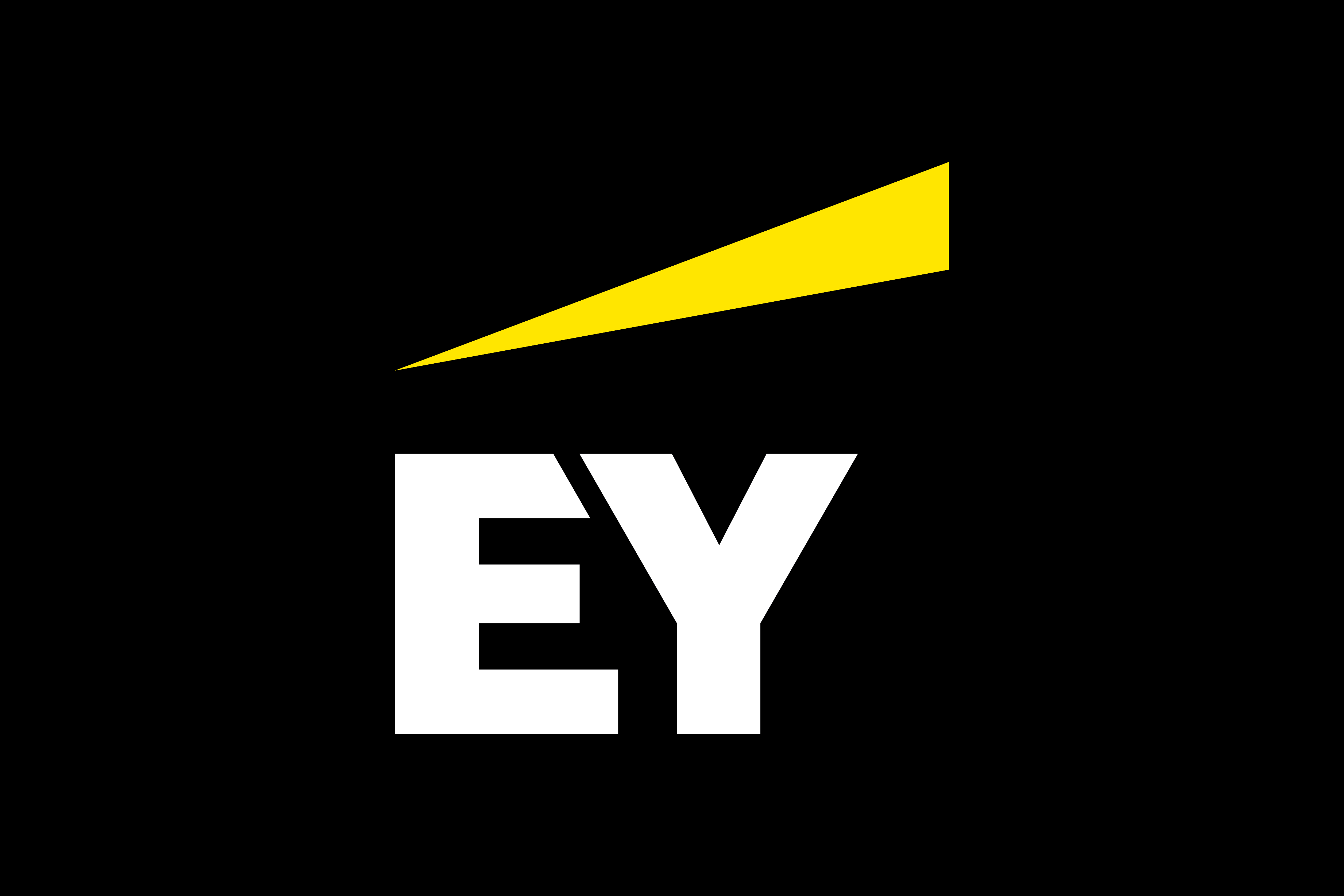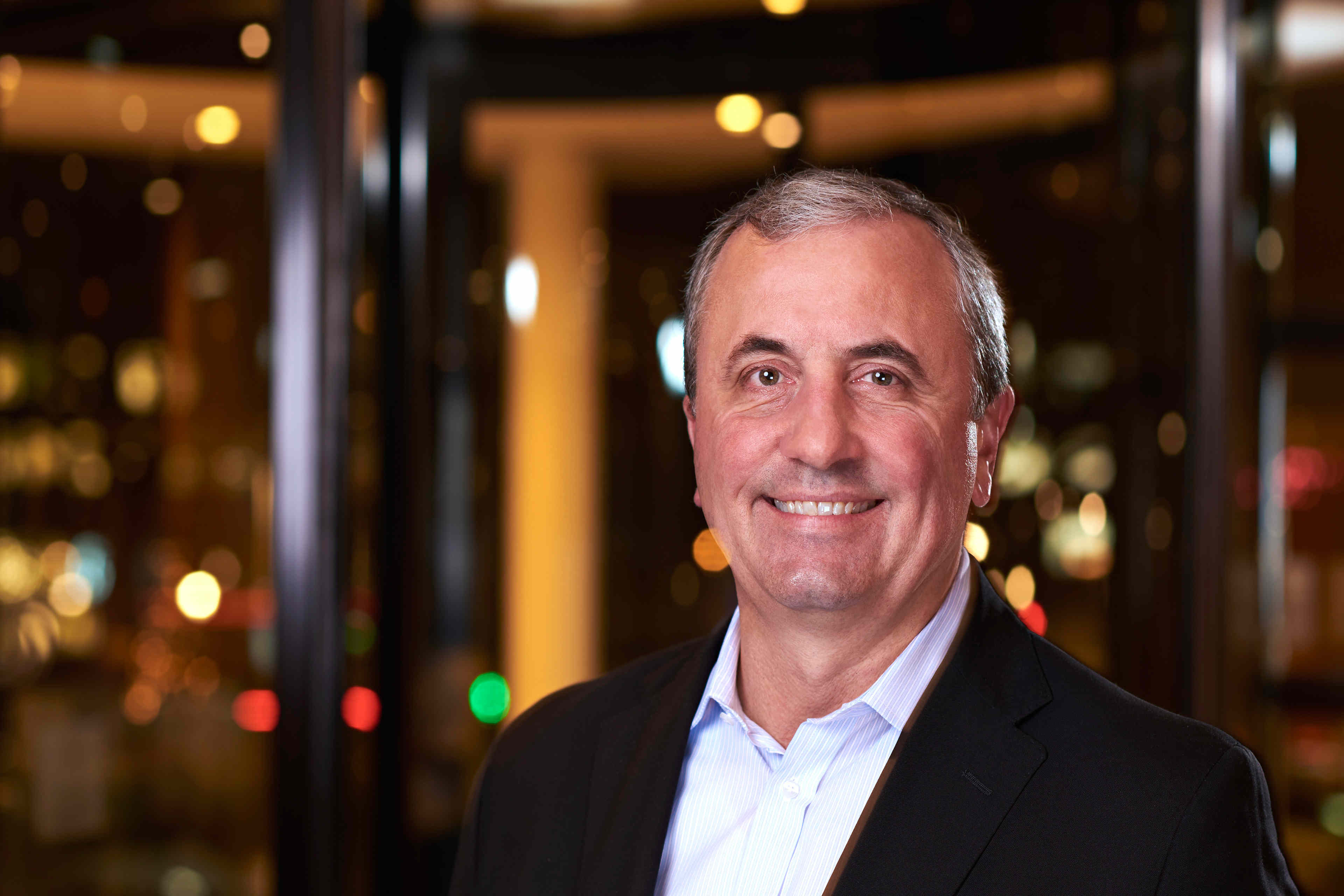EY refers to the global organization, and may refer to one or more, of the member firms of Ernst & Young Global Limited, each of which is a separate legal entity. Ernst & Young Global Limited, a UK company limited by guarantee, does not provide services to clients.

Fifth Oblak family generation cherishes their ancestors’ vision
Bogdan Oblak, owner and Director of the Oblak Group company, has entrepreneurial roots dating, remarkably, back to the 18th century, since when five generations of his family have worked as craftsmen and entrepreneurs in the Logatec area. A new chapter in their history is now taking shape, as Bogdan and his wife Neva prepare to gradually transfer the family business, within the next five years or so, to their children Blaž, Teja and Tajda.
The company’s core business, and main investment area in recent years, is a range of concrete products, including paving stones, used in landscaping. Additionally, they receive revenue from the wholesale of cosmetics, including the prestigious Valmont and Ren brands. Besides the Oblak Group, Bogdan owns two other companies and a sole proprietorship. The entire group of companies generated €12.5 million of revenues last year, of which just under €10 million was earned by Oblak Group. “We are the only enterprise in Slovenia using two state-of-the-art production lines: the first one runs 24 hours a day and the other one on two shifts,” explains Bogdan. As much as 98% of the output is sold wholesale to traders.
The family is striving to advance the company's recognition and thus, they have embarked on the first phase of a €2.5 million investment to update the first of their production lines.
An entrepreneurial family should have clearly defined values where family has priority above all else. If you can achieve this, you can spend your nights and weekends at home surrounded by your children and grandchildren.

Chapter 1
Entrepreneurial blood flowing through the veins
The Chronicle of the Oblak Family refers to 1901 as the year when the family moved to Logatec and began manufacturing products made from concrete.
The Chronicle of the Oblak Family refers to 1901 as the year when the family moved to Logatec and began manufacturing products made from concrete. At the turn of the century concrete was a new and highly versatile material, while sand was precious, since in combination with cement it became so durable. The company’s first product was a concrete roof tile.
To return to the very beginning, the first recorded mention of the Oblak family was in 1754. Bogdan's ancestors were master clockmakers and his great-grandfather Matevž Oblak signed his name under the clocks at the University of Ljubljana and the Cathedral in Cologne. At the end of the 19th century, when watchmakers were going through rough times and the use of concrete was on the rise, Bogdan's great-grandfather seized the opportunity offered by the new material. Although their product portfolio went through periods of expansion and decline, concrete roof tiles remained the company’s core product until 1986.
Due to restrictions imposed on craftsmen’s businesses in the former Yugoslavia, at the time the scope for development was very restricted. Nevertheless, in the 1960s Bogdan’s father embarked on the difficult task of automating the manufacturing process. “We purchased, and over a period of two years gradually imported, two second-hand machines from Germany to Slovenia, under the pretence of importing spare parts for our existing machine,” remembers Bogdan. Thus, in 1980, they introduced semi-automated treatment of concrete paving stones of the typical H-shape, which proved to be a hit. “Even now, the largest H-shaped paving stone in the world, weighing six tons and made to a 1:20 scale sits at the entrance to the company’s premises. My employees made it without my knowledge on the occasion of my 50th birthday,” explains Bogdan.
Bogdan established the company in December 1989, but it was Slovenia’s declaration of independence that brought enormous changes to the family business. “I felt that I had learned everything I could about products made from concrete and I was looking for a new challenge. In cooperation with one of my friends, who was engaged in the sale of cosmetics, I tried our hand at selling mosquito repellent. As the product proved popular and the sales sky-rocketed, we expanded our range of imported cosmetic products,” Bogdan recalls of the beginnings of the business. Today, wholesale of cosmetics generates around one million euros of revenue per year.

Chapter 2
Investments worth millions of euros have placed the company among the largest in Slovenia
In 2002, their products appeared for the first time on the shelves of Merkur.
In 1996, Bogdan acquired a failed construction company and concrete making facility in the location where the company’s premises stand today. By investing in the development of the concrete plant and introducing automated production of concrete paving stones, the business earned its place among the three largest manufacturers of concrete products in Slovenia. A relatively high production capacity allowed them to store a large selection of products in the warehouse at the time when the generally established building material sales model failed to perform at its best. To solve the problem, the family drew on experience from the wholesale of cosmetics and employed it in the marketing of products made from concrete. In 2002, their products appeared for the first time on the shelves of Merkur, which was at the time a major retailer of construction materials in Slovenia. This was confirmation that the new business model was working efficiently.
The company soon realized that the existing capacities were too small and it was decided to make a €7 million investment in machinery and production facilities. The decision was taken just before the onset of the economic crisis. “In 2010 we were unable to repay the bank loan we raised, so we entered into a loan restructuring agreement, which helped us to successfully overcome the crisis. This was certainly a lesson we shall never forget. Among other things, we learned to appreciate the help of banks. A fair and honest approach, continual communication, along with regular monthly loan repayments, be they of a single cent, are what is important when dealing with banks,” explains Bogdan. “Our intentions when raising the loan were honorable and we wanted to use the funds to further our business. Thus, we continued to make fair payments to our employees and suppliers, and repaid what we owed to banks.”
Today the company holds the largest market share in the segment of concrete paving, and they rank among the top three manufacturers of concrete kerbs. Currently, they are planning an investment of €2.5 million in the modernization of the first production line. However, under the principle of prudence, the investment is to be implemented in several phases.
In the future, they plan to upgrade their core activity with a comprehensive set of landscaping services ranging from setting up lighting devices for illumination of yards, houses and ornamental shrubs, to installing grass irrigation devices, garden furniture, playground equipment and ornamental sand. Their business model is based on that of filling stations, which manage to achieve the largest profit margin through an additional range of products and services.Following the establishment of the family business, Nada continued to work as a teacher. After the birth of their children in 1977 and 1983, they began to focus more intensely on the future and how to make sure their two sons had secure jobs when they grew up. They ran out of garage space only 12 months after the start of their business, so they rented a warehouse only to run out of space again three years later. In 1997, they purchased premises in the village of Volče, where they gradually built two warehouses. “My father taught me that first earnings should be reinvested,” explains Marijan.
When they moved to the new location in 2000, they drew up three business plans: optimistic, realistic and pessimistic versions. Marijan remembers with pride, “In the end it was a mixture of good luck, courage and knowledge that helped us to surpass the optimistic version of the plan by a factor of three.”

Chapter 3
Family is by far the most precious
Bogdan and Neva’s son Blaž is a construction engineer, while their daughters Tajda and Tea are masters of economics.
What does Bogdan value above all? “Family, family and again family, followed by the company and employees. You cannot buy a family. An entrepreneurial family should have clearly defined values where family has priority above all else. If you can achieve this, you can spend your nights and weekends at home surrounded by your children and grandchildren.”
“Difference of opinion is part of everyday family and business life. However, if you value your family and business equally, this can lead to even greater potential for disagreements. Good communication and mutual respect prevent disagreements escalating to the point when they become difficult to resolve, driving a wedge between family members.”
Bogdan and Neva’s son Blaž is a construction engineer, while their daughters Tajda and Tea are masters of economics. Both mum and dad are expected to retire from the family business within five years. Bogdan explains: “When we decided to transfer the business to a new generation, we were under impression that the entire process was clear to everyone. Alas, in reality, things are not that simple and hence, we opted for a gradual transfer. One of the challenges was to divide management tasks between all three children.” To achieve this, the business was divided into production, marketing and management.
Blaž is Director of Production, Development and Quality and has worked in the company for 10 years. Bogdan believes that his youngest daughter Tajda is best suited to the management function and is set to assume financial and human resources management and act as the company's representative. His other daughter Teja, who has worked in the company for seven years, will assume responsibility for marketing of the entire production range of all the companies within the Oblak Group, including procurement, import and sales. “The sixth generation of the Oblak family is already growing, making its present felt. We have six grandchildren (one granddaughter and five grandsons), and the seventh grandchild is on the way. We shall love it dearly be it a girl or a boy, and we are hopeful that he or she is healthy and well.” proudly explains Bogdan.

Chapter 4
Business model the competition could not copy
The right attitude towards business partners, customers and employees is what counts most in business.
The right attitude towards business partners, customers and employees is what counts most in business. “You should at all times be frank and honest, while focussing on after-sale services. The latter is more important than the sale itself,” asserts Bogdan. Despite fierce market competition, in the past 18 years they have based their business on the principle of “selling rather than merely making a sale”. Bogdan explains: “Unlike some of our competitors, who tried to copy our approach, we have succeeded in building a trustworthy relationship with traders we work with. Our sales function is well-organized and we regularly run training courses for our customers and meet with them in person. However, while caring for our customers, we never forget that our own story also matters.” The majority of their sales are made in the Austrian Carinthia and despite foreign competition, they are the second largest player on the Croatian market. In addition, they have a representative office in Montenegro.
Bogdan emphasizes that while nowadays it is comparatively easy to invest in machinery, it is much more difficult to find a good, reliable workforce and he believes that the employees are a much more significant success factor than machinery. He treats his employees with utmost respect, although a third of them are his children’s age. “I strive for all our employees to trust me and to be able to turn to me for advice when they are in trouble or have a bad day. I have worked hard to earn their trust and I know that without it, no monetary reward is large enough to secure your workforce's loyalty to the company.”
Bogdan Oblak, owner
Company name: Oblak Group, d. o. o.
Number of employees (2018): 65
Net sales revenue (2017): €9,809,866
Interviewees:
Bogdan Oblak, owner and Director
Neva Oblak, Deputy Director
Blaž Oblak, Deputy Director
Tajda Oblak Lukan, Deputy Director
Teja Oblak Tršar, Deputy Director
Summary
Oblak Group in five words: family, tradition, positive attitude towards employees, honesty, respect.
Related articles
In today’s disruptive world, realizing your ambition and growing your business is an exciting challenge. EY has a long history of working alongside many of the world’s most ambitious CEOs, owners and entrepreneurs to support them to accelerate their journey to market leadership. Drawing on their successes, we have distilled these insights to create the EY 7 Drivers of Growth.
Using data and technology to help deliver efficient public services that meet citizens’ expectations is a priority for governments everywhere. Our teams advise public sector clients on a range of digital projects from small improvements to large-scale transformations.





